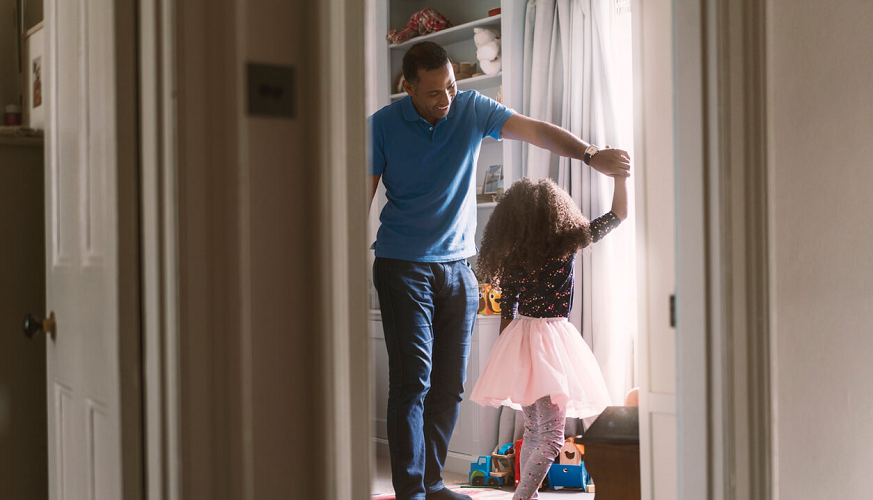When the parents of children divorce one of the crucial decisions that must take priority is determining parental responsibility. This is a matter that your family lawyers will advise you on and take the appropriate steps to represent you.
One aspect of this that many clients are surprised to hear when their family lawyer tells them is that, in Australia, the law does not usually allow for the responsibility for children to be left in the hands of just one of the parents. What the Family Law Act of 1975 does spell out, is that unless there are any justifiable reasons why it should not be the case, joint parental responsibility is normally applied.
Now, it is important to point out that joint parental responsibility does not mean that divorced parents have to live together. Heaven forbid that the courts should order that. In practical terms, therefore, it means that the child will live primarily with one of their parents, but the parent they live with does not have the sole responsibility, nor the right, to make all the important decisions regarding that child’s life and upbringing.
The sorts of decisions relating to the child that parental responsibility is most likely to be applicable to are the following:
- Health including choice of doctor
- Decisions relating to major medical procedures, such as surgery
- Their current and future education
- Their upbringing as it relates to religion and culture
- Authorization of travel documents, especially for overseas travel
- Changes to their living arrangements especially if one parent wishes to move away
- Changing the child’s name, for example, if the mother remarries.
As you can see that list includes major elements of a child’s life that would apply to all children, including those whose parents are still married and some which would only ever arise if their parents had divorced or separated.
In the vast majority of cases, divorced parents of children are able to agree on most of the decisions that they have joint parental responsibility for, even though it may take a degree of compromise on both sides.
For sole parental responsibility to be granted to just one of a child’s parents, the family court must be shown good cause why that should be the case. It will not simply order it if the parents have a falling out, or one decides they wish to try and exclude the other from the child’s life. Neither of these situations would be regarded as in the child’s best interests by the court.
For sole parental responsibility to be granted, the parent requesting it must be able to provide evidence of domestic violence, physical abuse, or other actions that would be deemed to harmful or even dangerous to the child.
Even if shown, a judge may grant sole responsibility, but it may include certain stipulations as it relates to the welfare of the child. It might allow the parent with the sole responsibility to make all the decisions about the child’s upbringing, except those which might affect their health. Here it would require both parents to discuss the matter, even if it is via their respective family lawyers.
Another point about sole parental responsibility is that it does not follow that the absent parent’s visitation rights are removed. A court will normally ensure that visitation rights exist even if the absent parent is not making major decisions about the child’s life, albeit they may be supervised or limited visits if there is a concern about the child’s safety.






